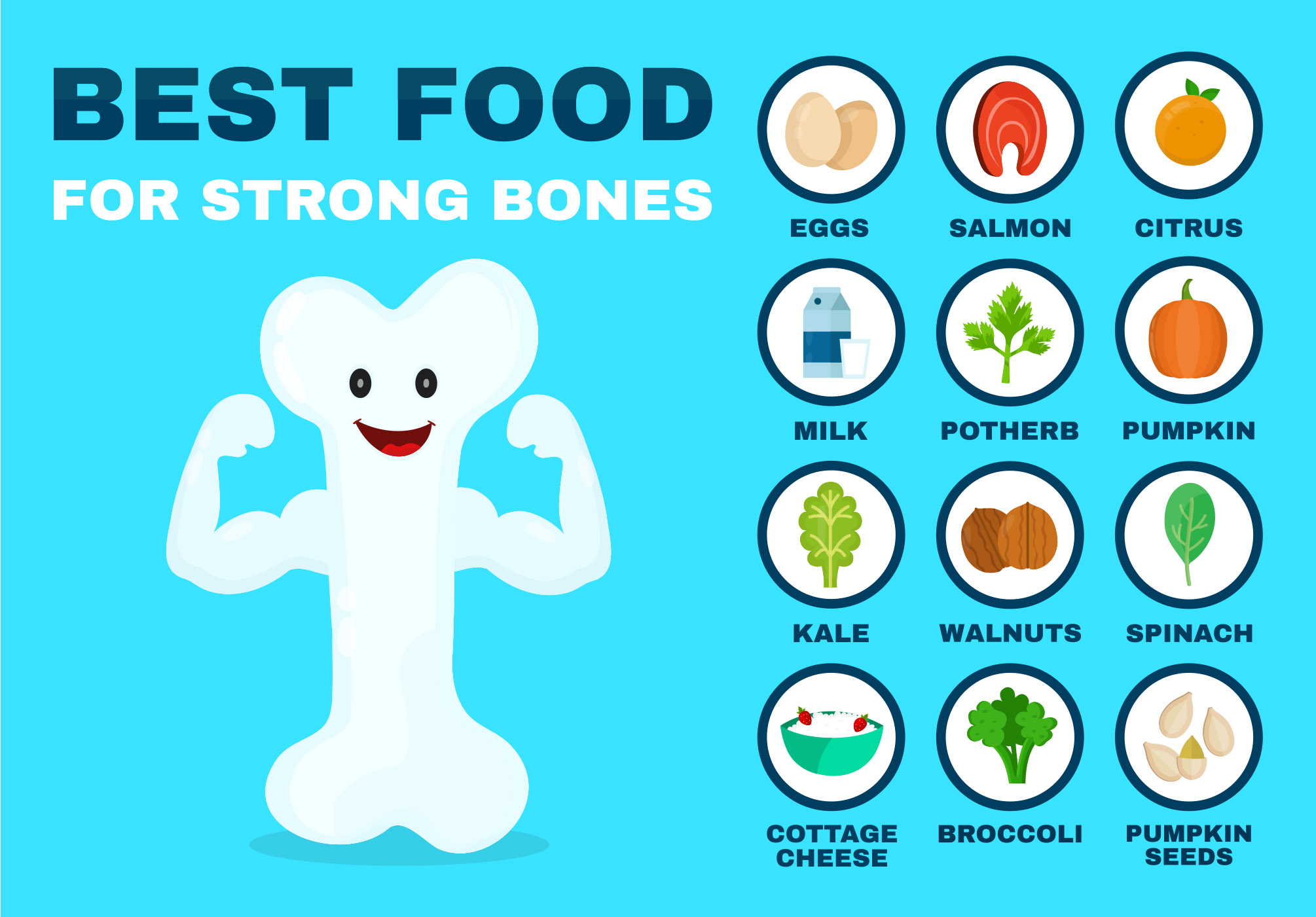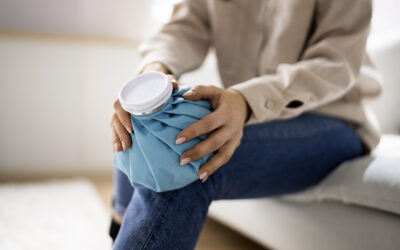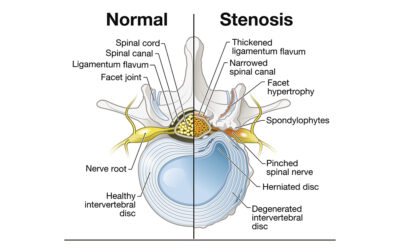MONDAY, Nov. 19, 2018 (HealthDay News) — Trying to eat a healthier diet? Don’t forget that certain foods can help protect your bones, a nutrition expert says.
“Bone disease is often preventable by getting enough calcium and vitamin D into your diet,” said Kathryn Weatherford, a registered dietitian at Beth Israel Deaconess Medical Center in Boston.
“By eating the right combination of calcium- and vitamin D-rich foods, we can boost our immune system and protect our bones,” she said. “Many foods are now fortified in calcium and vitamin D, making it easier to meet our daily recommended intake.”
Start your day with a calcium-fortified cereal that is high in fiber (more than 3 grams) and low in sugar. Whole grain cereal with a cup of milk adds up to 600 milligrams (mg) of calcium.
Fatty fish is also an excellent source of vitamin D. A 3-ounce portion of wild salmon provides more than 100 percent of daily value of vitamin D, according to Weatherford.
Eat a variety of dark, leafy greens such as spinach, kale, Swiss chard and bok choy, she added.
An 8-ounce serving of yogurt provides 400 mg of calcium. Choose non-fat yogurt or Greek yogurt, which provides additional protein.
Another suggestion is milk alternatives. Whether it is almond, soy, cashew or hemp milk, almost all milk alternatives are fortified with both vitamin D and calcium. For example, almond milk provides up to 45 percent of daily value of calcium and 25 percent of daily value of vitamin D, Weatherford said.
Your body also produces vitamin D when exposed to sunlight. Just 10 to 15 minutes of sunshine a day can produce enough vitamin D.
It’s important to monitor how much calcium and vitamin D you consume each day. If you suspect you’re not getting enough, talk to your doctor or dietitian, Weatherford suggested.
“It’s good to know if you’re vitamin D-deficient so you can take steps to fix the problem and keep building strong bones,” Weatherford said.
More information
The U.S. National Library of Medicine has more on vitamin D.
SOURCE: Beth Israel Deaconess Medical Center, news release, Nov. 6, 2018



